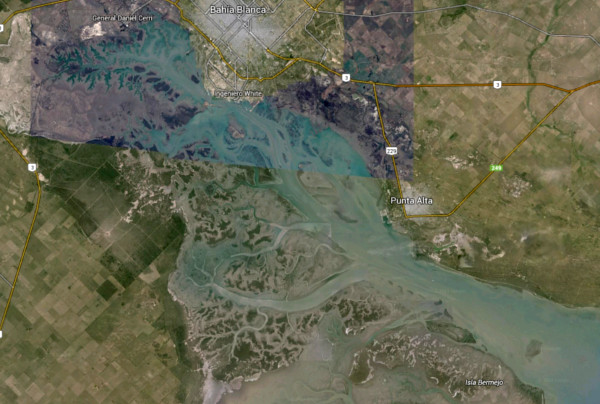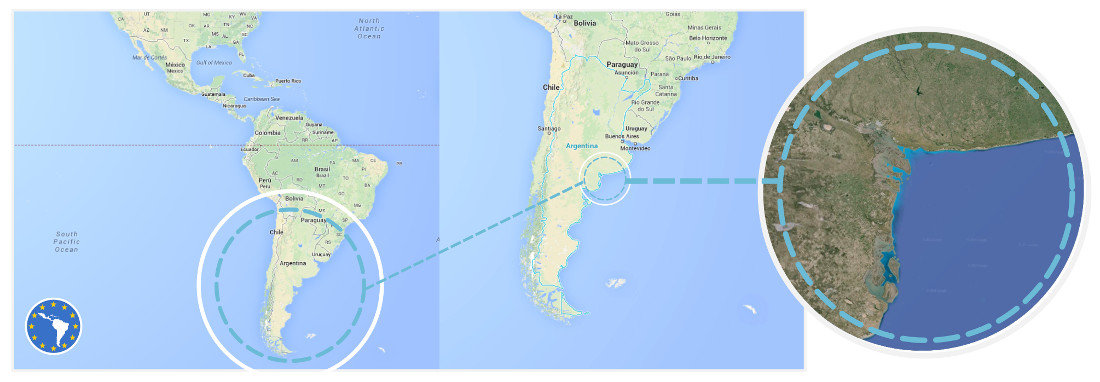|
 The artisanal fisheries of the Bahía Blanca Estuary and the adjacent coast of Pehuén Co and Monte Hermoso involve over 1500 families from the localities of Ingeniero White, Punta Alta, Pehuén Co and Monte Hermoso. Even though the fishers complain that catch reduction is related to pollution, there are long-term monitoring data showing that contamination is unlikely. It is probably related to overfishing, both inside and outside the estuary, as well as changes in water and air temperature, and prolonged drought situations that are affecting the freshwater input into the estuary. Although these problems have all been predicted, decision makers only started to take action when the fisher community reacted by closing the deep harbors for commercial shipping which resulted in economic losses of over US $ 100 million. A fraction of this value could have been enough to resolve the situation well ahead of its occurrence. The artisanal fisheries of the Bahía Blanca Estuary and the adjacent coast of Pehuén Co and Monte Hermoso involve over 1500 families from the localities of Ingeniero White, Punta Alta, Pehuén Co and Monte Hermoso. Even though the fishers complain that catch reduction is related to pollution, there are long-term monitoring data showing that contamination is unlikely. It is probably related to overfishing, both inside and outside the estuary, as well as changes in water and air temperature, and prolonged drought situations that are affecting the freshwater input into the estuary. Although these problems have all been predicted, decision makers only started to take action when the fisher community reacted by closing the deep harbors for commercial shipping which resulted in economic losses of over US $ 100 million. A fraction of this value could have been enough to resolve the situation well ahead of its occurrence.
Nevertheless, there are several issues that require immediate solutions as they are affecting local populations in the short term which are consequences of the advances in climatic changes or anthropogenic factors. There is a need to develop rational coastal management strategies for short, medium and large scales for the estuary and, in particular, for the coastal localities within a range of 100 km outside such as Pehuén Co and Monte Hermoso. Therefore, taking into account the specific situation of these communities in Bahía Blanca, there is considerable potential to improve governance of the fishery sector. Further to this, FAO statistics have demonstrated only limited growth rates (0-3%) for fisheries whilst, in contrast, aquaculture has been growing at around 7% per year from the 1950´s. At present, aquaculture in Argentina is relatively undeveloped with a total production in 2007 of around 3000 tons. However, the FAO does warn that the future scenarios for both fisheries and aquaculture are complex, as there is likely to be a substantial increase in both the costs of energy and fish feed affecting both activities in a mosaic of natural, social and economic contexts. Nonetheless, there has to be potential for compensating 1500 families at Bahia Blanca from losses in fisheries with an expansion of the aquaculture sector.
|
